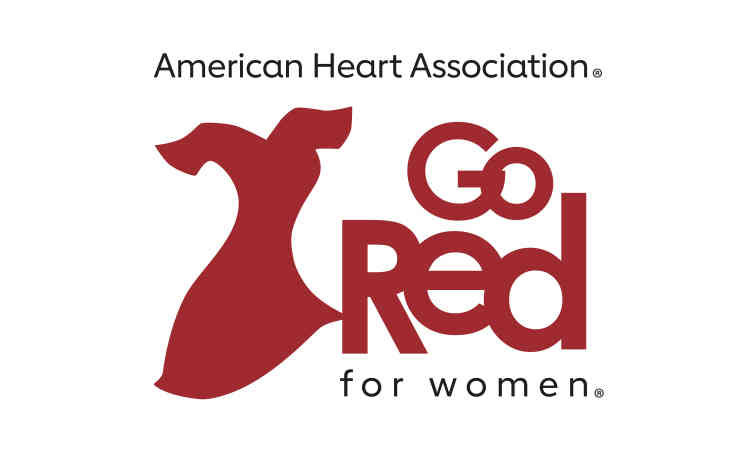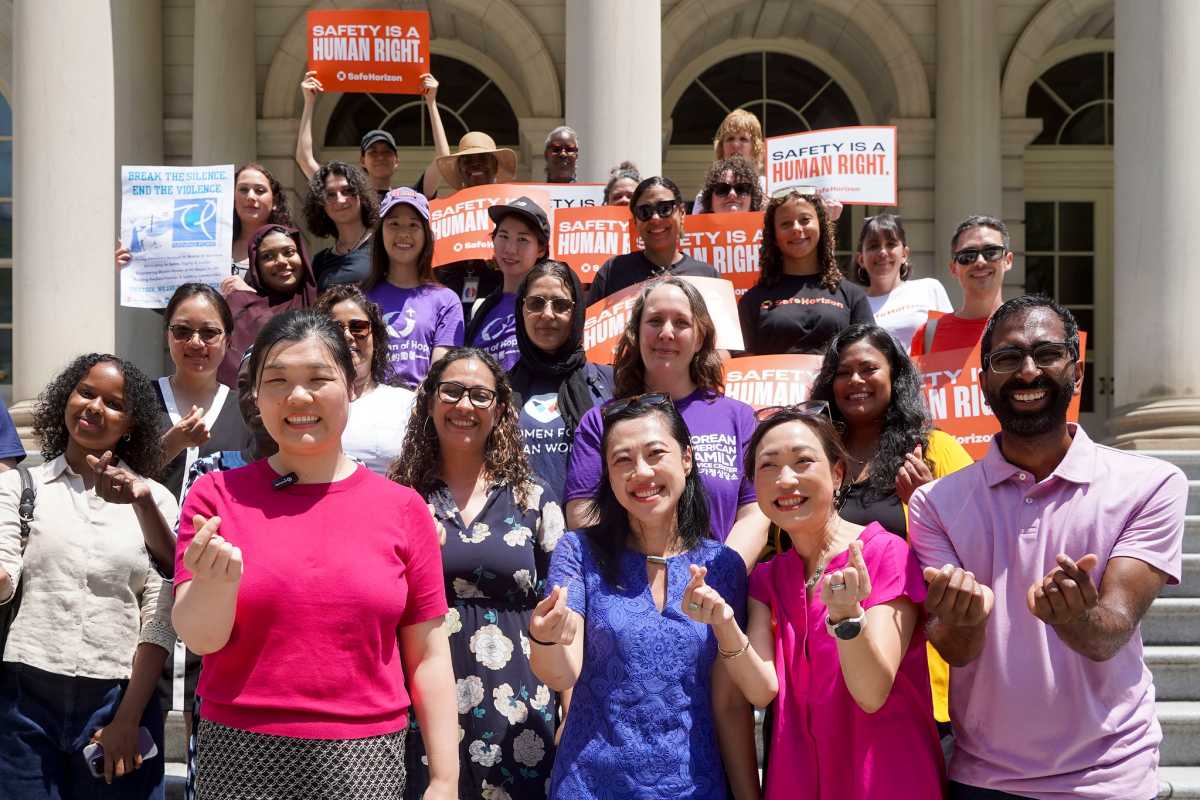New York-Presbyterian Brooklyn Methodist Hospital is helping women in the fight against heart disease.
The Park Slope medical center’s cardiologists work to prevent the condition in local women several ways, starting with educational initiatives for city doctors to ensure those healers understand exactly how to treat heart disease in women.
“Every year we host a symposium, invite doctors, and educate them as to what makes women different when they go into surgery, or with a cardiac event, so they can approach the patient appropriately,” said Dr. Gioia Turitto, director of Cardiac Electrophysiology Services at Methodist Hospital.
Turitto said the hospital educates physicians on a regular basis about the different approaches to treating heart disease in men and women, as some doctors who have not been properly trained in the particular symptoms displayed by women could miss them, or treat them the same as their male patients.
The next step, Turitto said, is to educate the patients.
“Most women still believe that breast cancer is the worst thing that can happen to them, but it’s actually heart disease that kills more women than breast cancer,” the doctor said. “We speak to women and say, you do have to be afraid of breast cancer, but also take into consideration cardiovascular disease.”
Hospital leaders strive to get women the help they need, and those efforts include making the medical center a more welcoming and comfortable place for its female patients. Currently, five out the hospital’s 13 cardiologists are women, an unusually high number, according to Turitto.
“I don’t think you can find another place in Brooklyn or Manhattan with five female cardiologists,” she said.
And Methodist Hospital is always looking to recruit more female physicians, so that women who would rather be seen by someone of the same sex feel comfortable seeking treatment there.
The doctors also focus their education initiatives towards younger women, as it can be more effective to prevent heart disease than to treat it after someone gets sick.
And medical-center leaders are working to make cardiac-health information available in the hospital’s obstetrics department, where they can reach thousands of Brooklynites who visit for prenatal services and to give birth, according to Turitto, who said pregnant women are among those who can benefit the most from such awareness.
“If you develop high blood pressure when you’re pregnant, it’s something that can come back 10 or 20 years later. They forget about it, but it’s a future risk factor,” she said. “It they know from the outset it can lead to high blood pressure or diabetes, they can implement lifestyle changes to prevent a
full-blown problem.”
Take steps to better understand your heart health by participating in and donating to the American Heart Association’s Go Red For Women campaign, which raises awareness about heart disease and stroke in women. Spread the word and encourage others to participate by sharing #WearRedandGive on social media.

























